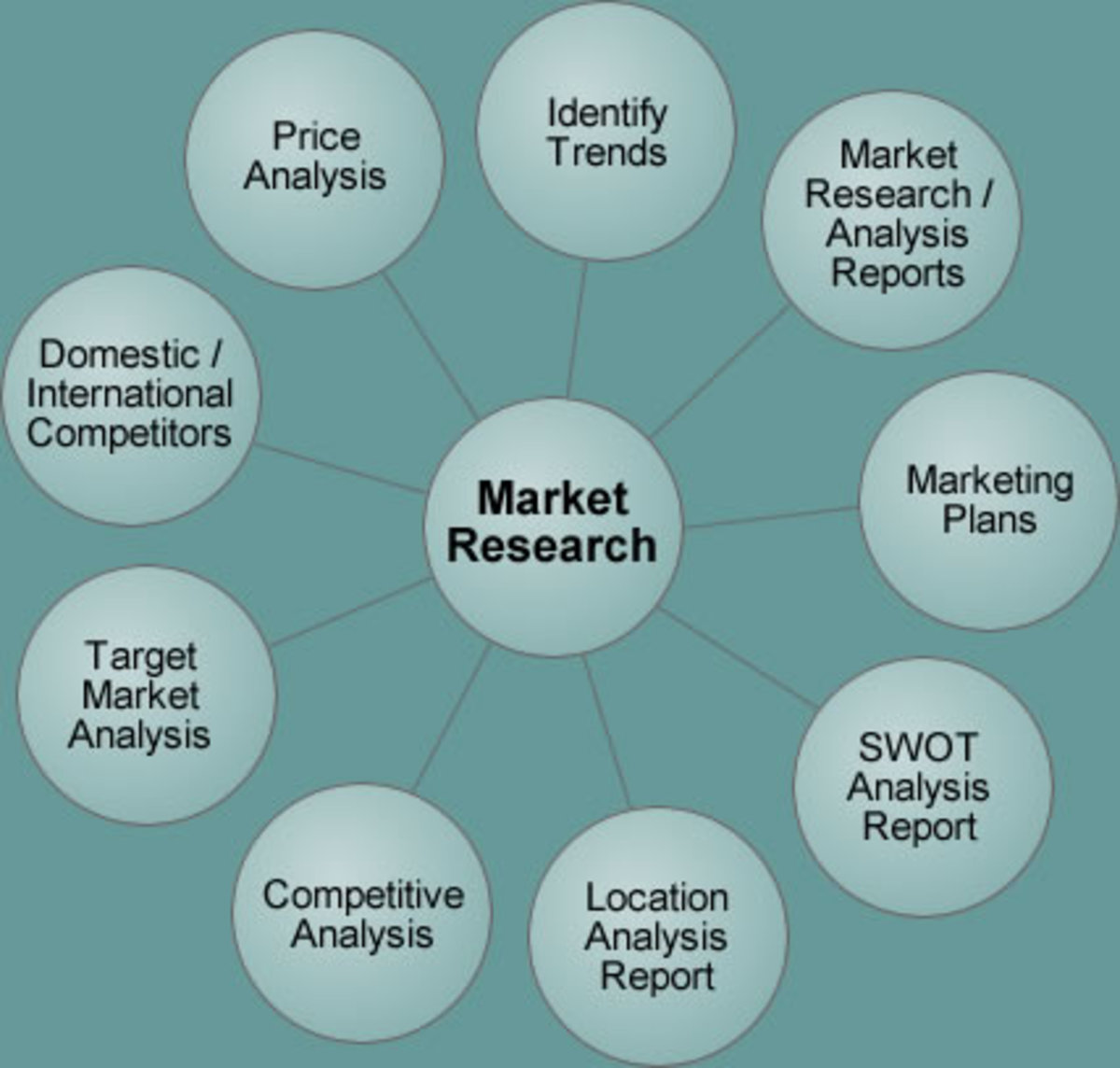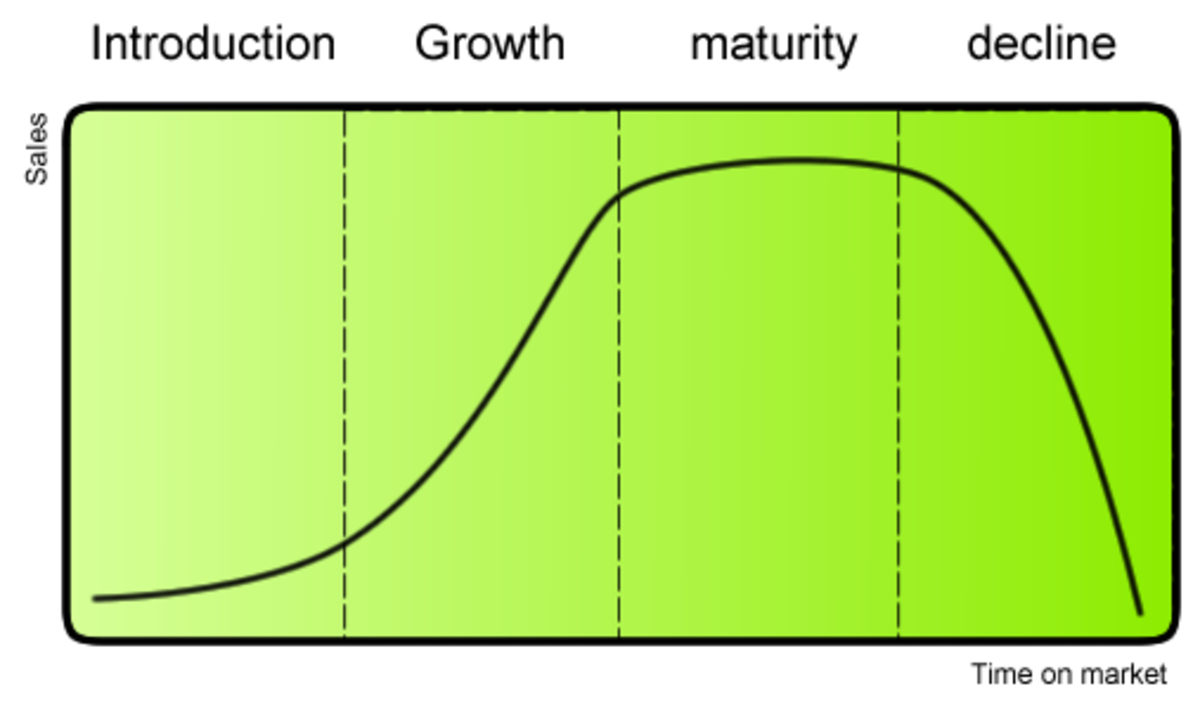About Class-Action Lawsuits: Holding Companies Accountable
Do you work for an employer that habitually denies you overtime pay and breaks? Have you ever purchased a product that was faulty or caused you injury? Have you ever received a bill and noticed a charge for something that you weren’t told about? Did you buy stock based on a company’s financial quarterly profits that turned out to be untrue? Chances are good that you’re not the only person with the same type of complaints about a certain product, a certain service, a certain employer, or a certain company.
A class-action lawsuit applies to all of the above situations. It only takes one person to file a class-action lawsuit, but, as the name suggests, that person is able to represent everyone who has been damaged in a similar way, sometimes amounting to hundreds of thousands of people. This is done so there aren’t mass numbers of individual lawsuits filed against the same company for the same reason. Additionally, the plaintiff named in the class-action (the person or persons who filed the class-action) usually receives more compensation than the rest of the class-action members.
Most people write a letter, send an e-mail, or telephone a company in order to complain about a product or service. But, if you think you aren’t the only one that has been harmed by a company’s unethical or deceptive practices, that sometimes could result in serious injury and even death, you might want to seek a class-action attorney.
There are four different types of class-action lawsuits. If you are contemplating seeking an attorney for a case, make sure you choose an attorney that has experience (and success) with the type of class-action that best applies to your circumstances.
Enron was subject to securities class-action

Consumer Class-Actions:
This type of class-action typically involves unfair billing practices, hidden fees, and/or a company’s complete disregard of consumer protection laws.
Recently, a class-action against State Farm was filed for billing its customers a monthly service charge who received their bills via mail. The customers were not informed of the extra charge prior to purchasing policies. A settlement was reached and, as a result, existing customers received credits on their bills. Checks were sent out to people who were no longer customers of State Farm.
As another example, Countrywide Mortgage's computer system was hacked, and there were thousands of clients that had their personal information compromised. This settlement included free credit report monitoring, credit security alerts for every class-action member and up to $50,000.00 in reimbursements per person who had their identity stolen.
Product Liability/Personal Injury Class-Actions:
This type of class-action applies to defective products, including products that cause injury or poses a substantial risk of danger, such as electrical appliances. A perfect example of this is the egg recall from Decoster farms, in the top ten of the nation's largest egg producers. With a long-line of health and safety violations and thousands of people ill with salmonella, Decoster will most likely be a defendant in a very large class-action lawsuit brought by the people who became ill from the contaminated eggs.
Another example would be the recent oil spill, responsible party: British Petroleum.
You may recall back in 2000, Bridgestone Firestone issued a recall on some of its tires. Despite the company being aware of the dangers the tires posed, the company continued to market and sell the tires, and it wasn’t until a deadly accident that Bridgestone Firestone recalled the tires. A class-action was brought against the company, and it was ordered that new tires be made and replaced for everyone involved in the recalled tires.
Often, drug companies are the defendants of these types of lawsuits, too. Usually due to life-threatening side effects that were not disclosed about a drug or a company’s failure to report life-threatening side effects of a drug, once discovered, in a timely manner.
Employment Class-Actions:
This type of class-action lawsuit is brought against a large company by employees. When a company habitually denies workers breaks, refuses to pay over-time, and/or is responsible for ignoring or perpetuating sexual harassment or gender discrimination, an employee is able to file a class-action on the behalf of all employees.
An example of a habitual defendant would be Wal-Mart. In May of this year, Wal-Mart agreed to pay workers $86 million dollars to settle a class-action for failing to pay employees vacation and overtime pay; 232,000 people were in this class-action lawsuit.
In 2008, Wal-Mart settled the same type of complaints with an award of $640 million dollars to class-action members. Currently underway is a gender discrimination lawsuit.
Securities Class Actions:
This class-action is brought on by a group of investors that have a claim against a company for failing to report accurate financial records or risky matters that might have an impact on a company’s profits.
Most of us remember Enron and how the company was in dire straits; however, due to financial conflicts of interest, Enron successfully was able to have its accounting records doctored. More than $7.2 billion dollars was awarded to investors.
For as long as a company is not held accountable is usually how long a company will continue to deceive. It only takes one person to step up to a company’s deceptive practices and begin a class-action lawsuit, and usually it is long-overdue by the time someone decides to find an appropriate class-action attorney and file suit.
Lastly, if you receive a class-action alert settlement in the mail regarding a product you have purchased, you should always review the information. Often, there is a deadline, and once the deadline passes you are unable to receive any benefits of a class-action lawsuit or settlement. Usually, the benefits are well-worth the time that is required by you to fill out information necessary to process your claim.









